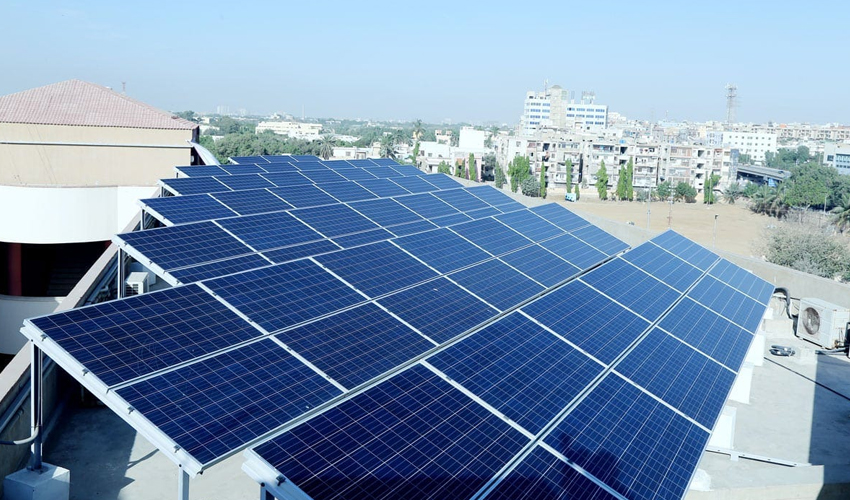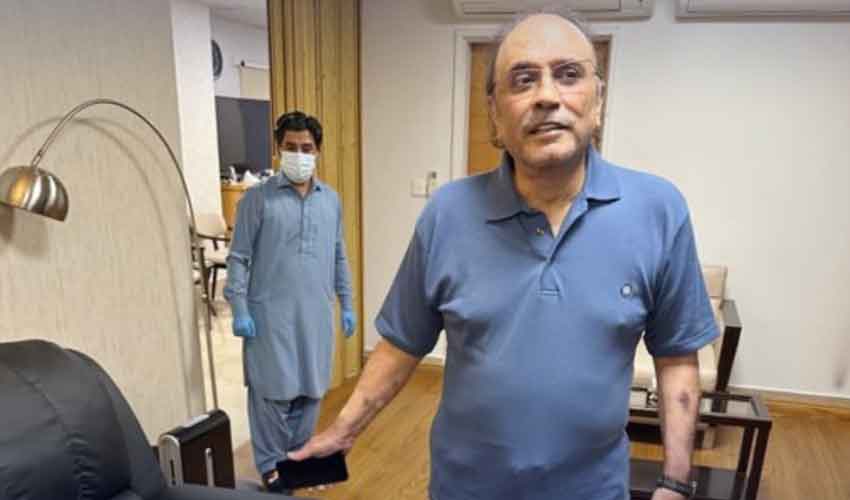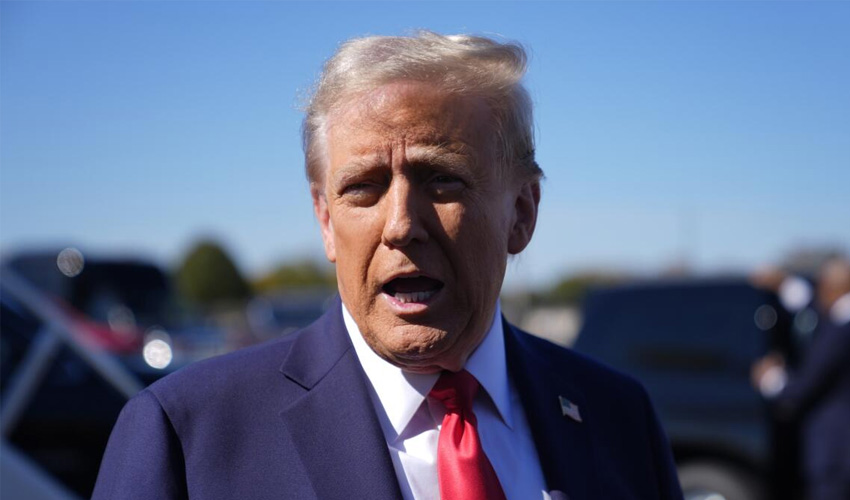The Sindh government has launched an ambitious initiative to provide solar panels to residents across the province. This effort aligns with Pakistan's broader shift towards solarization, with significant steps being taken to promote renewable energy sources.
Addressing the media after inaugurating the 7th Solar Exhibition at Expo Centre, Karachi, Nasir Hussain Shah confirmed that discussions are underway with banks to facilitate the supply of solar panels. The government has allocated funds in the current budget to provide 500,000 solar panels to households.
This move aims to reduce reliance on traditional energy sources and promote sustainable energy solutions.
“The whole of Pakistan is moving towards solarization, and we are committed to making renewable energy accessible to our citizens,” said Nasir Hussain Shah. He highlighted that a ban on the export of solar panels would be imposed starting in 2027 to ensure that local needs are met first.
Sindh’s energy sector is rapidly embracing renewables, with a significant portion of the industry transitioning to sustainable energy sources. Shah emphasized that the electricity generated in Thar is currently the cheapest, but renewable energy sources like solar and wind are essential for long-term sustainability.
The Sindh government is also activating the Sindh Power Regulatory Authority (SIPRA) to regulate and facilitate the use of renewable energy. “Electricity produced through solar and wind energy should be made usable,” Shah noted.
In a related development, he said, the Thar coal project is providing the cheapest electricity tariff to the national grid. The National Electric Power Regulatory Authority (NEPRA) is responsible for determining the basic tariff for electricity consumed on the grid, which is expected to support the supply of affordable electricity.
Shah expressed optimism that the prime minister would back the initiatives to provide cheap electricity. “The tariff we are proposing will be Rs18 per unit after all taxes,” he added.
He further said the government is also considering re-contracting with independent power producers (IPPs) to ensure a steady supply of affordable electricity. Shah said providing free electricity to households consuming up to 200 units is being considered, adding that if Bilawal Bhutto-Zardari becomes the PM, the promise of free electricity up to 300 units will be pursued.
Initially, the focus will be on providing free electricity up to 100 units.
Nasir Hussain Shah concluded by reaffirming the Sindh government's commitment to renewable energy and affordable electricity. “We are taking concrete steps to ensure that our citizens have access to sustainable and affordable energy solutions.”



























